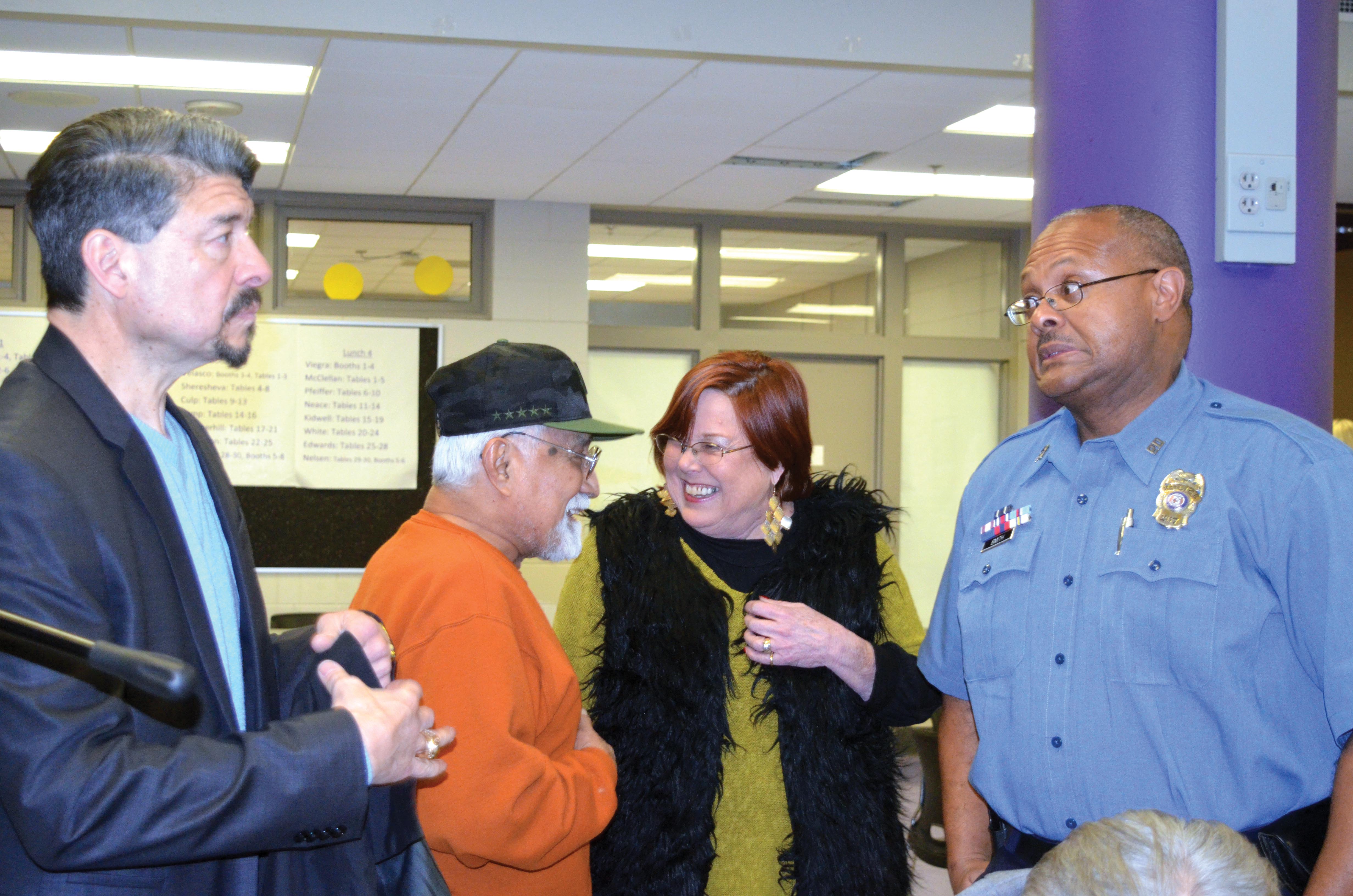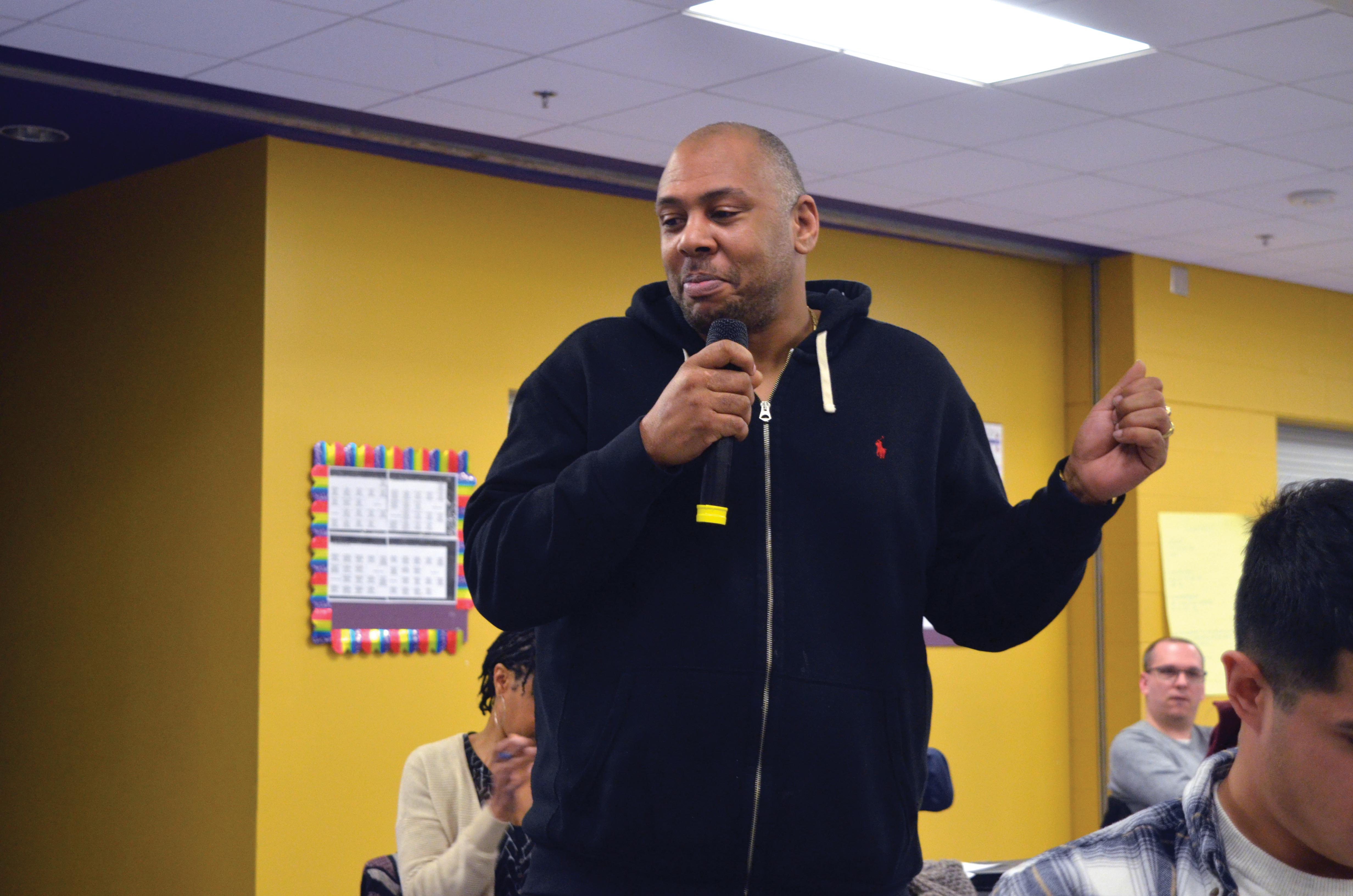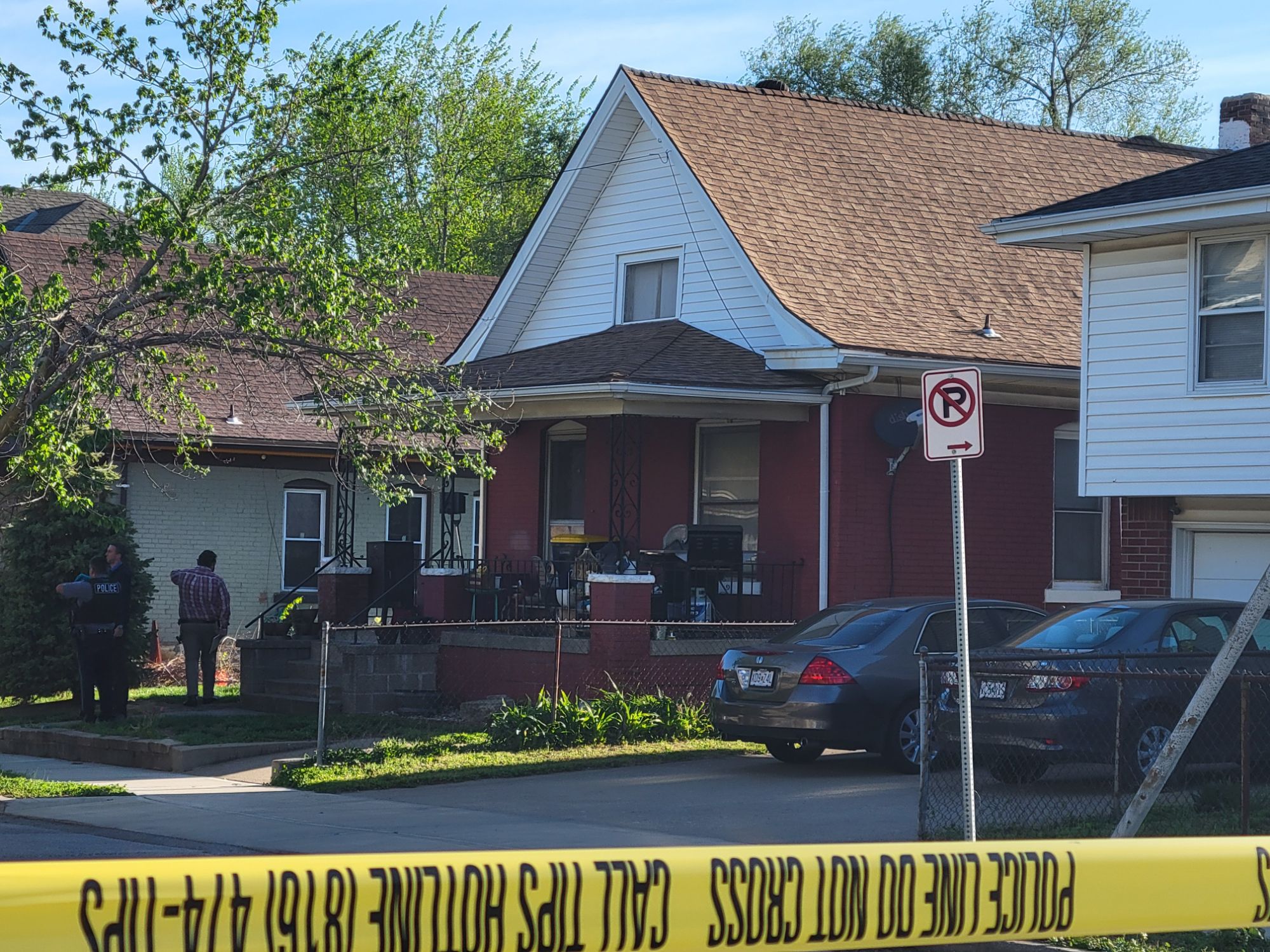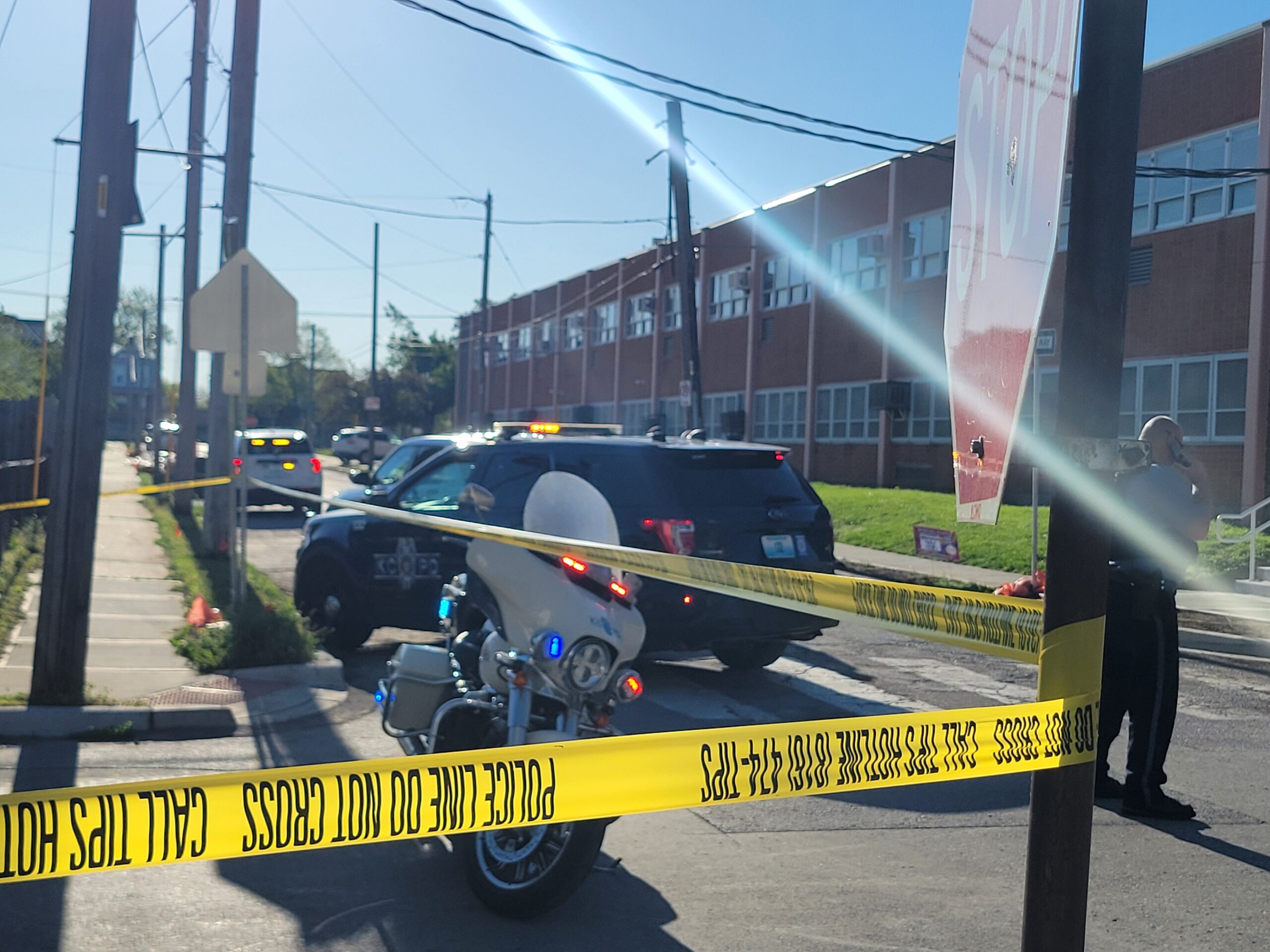Elizabeth Orosco
Northeast News
Kansas City Police Department, neighborhood leaders, and crime reduction organizations met Thursday, Feb. 28, to dig deeper into the roots of gang violence afflicting the Northeast community.
Leaders and representatives unpacked the issue from a holistic perspective, as various departments spoke about their approach and specific roles in tackling violent crime.
Organizations in attendance included representatives with No Violence Alliance, the Mattie Rhodes Center, Jackson County COMBAT, the Northeast Chamber of Commerce, the Jackson County Juvenile Court, Healing Pathway Victim Service Agency, various Northeast neighborhood presidents and leaders, Center for Conflict Resolutions, Kansas City Public Schools, and Northeast Alliance Together.
Major Greg Volker and Community Interaction Officer Greg Smith with the Kansas City Police Department spoke about the issue of violence from a law enforcement perspective, identifying areas where the community can assist officers when a crime is reported.
Smith said safely obtaining a suspect description allows KCPD to broadcast the information to other officers in the area and apprehend the individual quickly. Volker said as the laws change in Missouri, it changes the way the department operates. Individuals over the age of 19 are able to carry concealed weapons, as long as they are not a felon.
“It’s not against the law for these individuals for carry a weapon concealed. When my officers drive by, they can carry this weapon. After they’re gone, they can fire a shot. It’s difficult to enforce that.”
Social Workers Gina English and Trena Miller discussed their specific roles with KCPD, which were recently created last year, to provide wrap-around services to families in need.
“You don’t treat a kid, you treat a family,” said English.
She discussed the misconception that placing children in the juvenile justice system is negative. English said this is meant to be a restorative process, giving the child and family resources and support.
“The courts can make them work with Mattie Rhodes,” she said. “They can work with the schools and make sure they are doing what they’re supposed to be doing and getting to school. They can get the support and resources they need, including parenting classes and counseling. If you do see that kid, go ahead and call the police so the report can be written. This way, we can work with family court and be able to talk to them and say this kid is in trouble, this kid is at major risk. We can get them connected to the organization and support and services they need. Not just them, but their parents.”
Vince Ortega with Jackson County COMBAT, the Community-Backed Anti-Crime Tax, said organizations tackling the same goal should stop working in silos and join efforts.
“COMBAT funds over 110 different programs, but they all work in silos,” he said. “What I am doing is finding where those violent crime hot spots are and bringing together all the agencies that we fund.”
Ortega said a community-wide effort is what is needed to address this issue.
“I don’t care where you live, you’re going to be affected by this crime sooner or later,” said Ortega. “It takes a community, it takes layers, these individuals, families are suffering from trauma, it will take a number of different organizations working together to finally change that paradigm. There are generations of poverty and generations of violence these individuals have gone through, and they know nothing else until we step in as a community.”
Johnny Waller, a previous Kansas City gang member, gave compelling testimony of his experiences being part of a gang. Waller has turned his life around, recently received his Master’s Degree, and tries to help people in the community.
“When I was 18 years old, I was in the penitentiary,” said Waller. “I’m a former gang member, I’m a former drug dealer. Someone came to my house and shot me point-blank range in my head in front of my little three-year-old brother. We were shooting at each other from across the street. What I really try to stress is understanding what that life is really about. We can sit here and talk about it, but it is layer upon layer of damage upon damage. I was in my situation because my dad smoked crack and my mom worked three jobs. Nobody was at home. A gang member moved in across the street and the rest was history. I got put out, I didn’t have anywhere to go so the gang took care of me. I thought that was my family and I thought that way for a very long time. I didn’t have anything.”
Waller echoed Ortega’s comments regarding needing a community-wide effort and working in unison to truly address the issue of violence.
“In order to help them, we need a unified effort,” he said. “You cannot arrest your way out of this problem. The police cannot arrest people and think it is going to solve this problem. This is a community problem, this is an issue for all of us. It is going to take a unified effort from everyone in the community to solve the issue of violence. We all need to unite. Don’t be silos. Stop worrying about who is getting a grant, stop worrying about what this person said ten years ago, we need a unified effort or else this city is going to be in real trouble. It’s a lot deeper out here than people realize.”
To get links to the various organizations working to address crime, visit northeastnews.net.




















